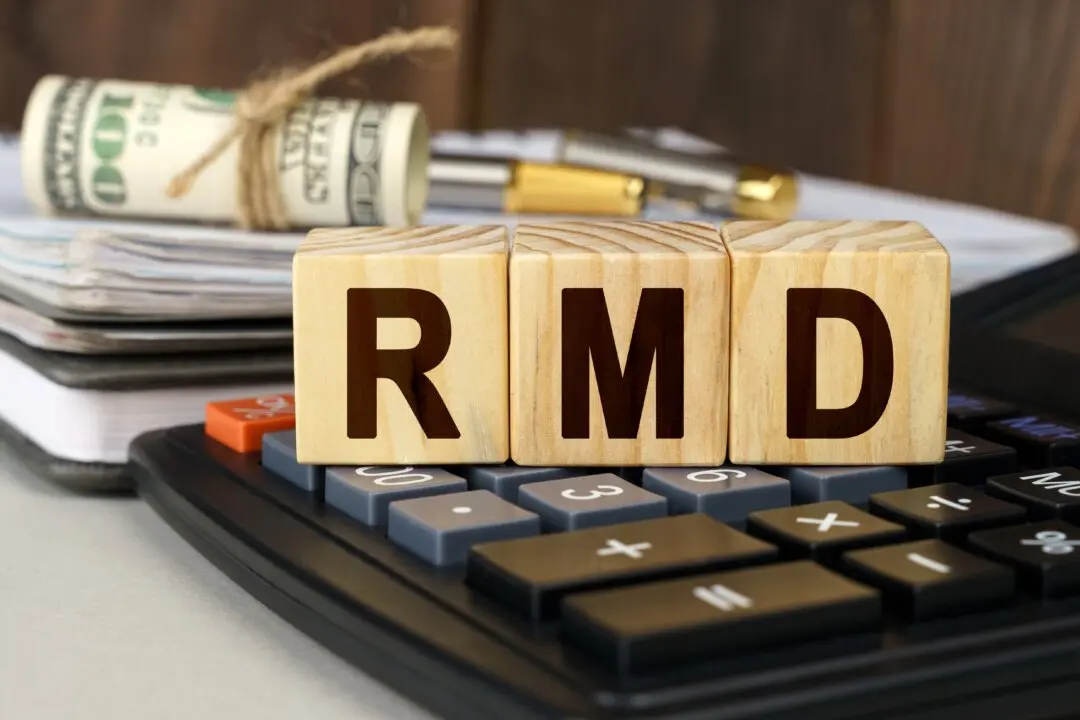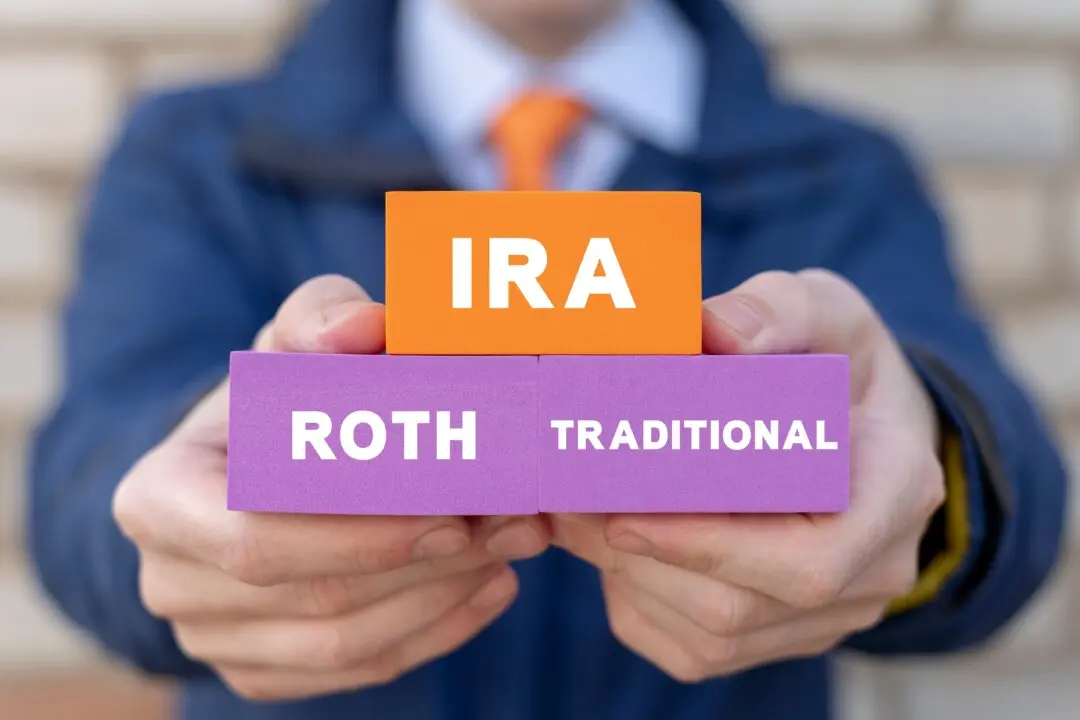Winning the lottery can be a life changing moment. You can go from making a modest income to becoming a millionaire overnight. The Powerball jackpot alone is currently more than $150 million.
You hit the jackpot. But with this new fortune comes new responsibilities. The IRS considers lottery winnings taxable income. Your winnings could push you into the highest tax bracket, and you’d end up paying Uncle Sam a sizable portion.






